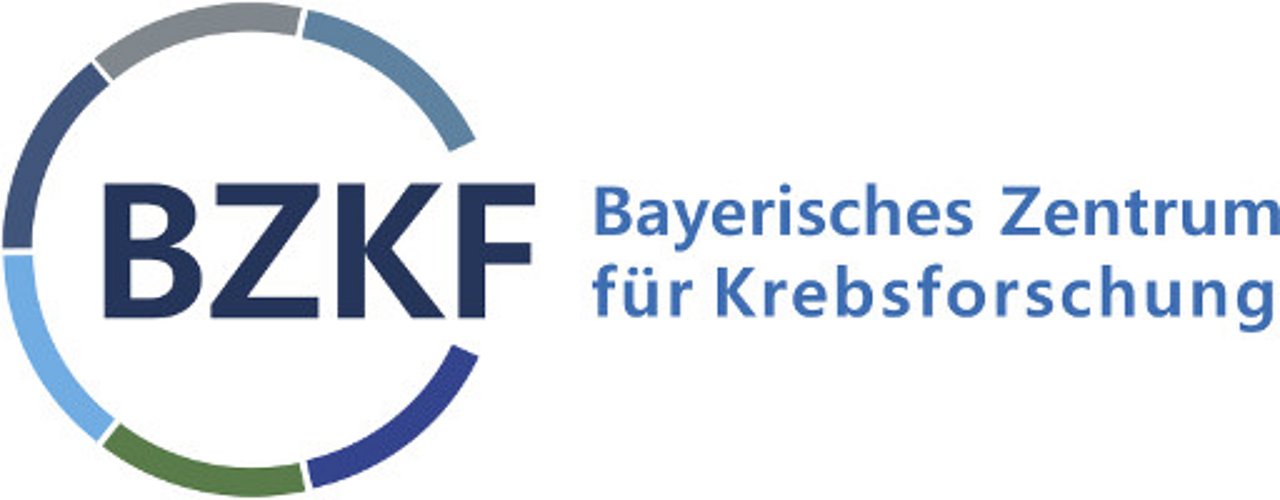Breast Cancer
With around 69,000 new cases per year, breast cancer, also known as carcinoma of the breast, is the most common malignant tumour found in women in Germany. It occurs only very rarely in men.
As with every type of cancer, breast cancer occurs due to a dysfunction in cell growth. The tumours penetrate the mammary gland tissue and can sometimes metastasise. Metastases form when cancer cells detach themselves from the original tumour and are transported by the lymphatic system or the bloodstream to other parts of the body where they form new tumours.
What causes breast cancer?
The exact causes of breast cancer remain a mystery. In most cases, it is not possible to find a specific cause. However, experts estimate that around 5% to 10% of all breast cancer patients have a hereditary or inherited genetic defect with a medium to high risk of contracting breast cancer. There are also some risk factors that can promote the occurrence of the disease, which can be categorised into modifiable risk factors and fixed risk factors.
Modifiable risk factors include:
- Hormones such as the contraceptive pill or hormone replacement therapy
- Smoking
- Obesity
- Lack of exercise
- Bad diet
- Regular alcohol consumption
- Not having children
Fixed risk factors include:
- Old age
- Genetic predisposition
- Hormonal factors such as early age at first menstruation and/or late menopause
- High density of the breast (low proportion of fatty tissue, but higher proportion of gland and connective tissue)
- Previous radiation therapy, for example due to lymphoma during childhood
- Environmental factors
Symptoms: Which complaints are typical for breast cancer?
Carcinoma of the breast usually does not cause any symptoms for a long time. Even when the first symptoms appear and there is a palpable lump in the breast, most women do not feel any pain.
The following abnormalities should be examined by a gynaecologist as soon as possible as they could be the first signs of breast cancer:
- Changes to the size and shape of one breast compared to the other, which was not noticeable before
- Palpable lumps or areas of hardening in the breast that were not there before
- Changes to the skin on the breast, for example inflammation, redness, scaliness, puckering, enlarged pores, dimpling, or indentations that may only occur when the arm is raised
- Inverted nipples
- Clear or bloody discharge from the nipple
- Swelling in the breast
- Swelling next to the breast bone or below the collarbone
- Swelling in the armpit
Treatment: How can the Deutsches Zentrum Immuntherapie (DZI) help?
Treatment of breast cancer usually involves a combination of local therapy such as radiation therapy and surgery and medication therapy such as anti-hormone therapy or chemotherapy.
The Department of Obstetrics and Gynaecology at Universitätsklinikum Erlangen, which is involved in the DZI, offers its breast cancer patients one of the most modern forms of treatment in the form of immunotherapy, including new approaches in cancer immunotherapy such as the administration of monoclonal antibodies, also known as immune checkpoint inhibitors.
While radiation therapy and chemotherapy directly attack the tumour cells, immunotherapy activates the body’s own immune system. This type of therapy strengthens the body’s existing defence mechanisms and directs them to specifically attack the cancer cells.
Whereas immunotherapy using immune checkpoint inhibitors has been used successfully for many years for other types of cancer, it is a relatively new treatment for breast cancer.
Immunotherapy is mainly used for triple negative breast cancer (TNBC). In this particularly aggressive type of breast cancer, the affected cells lack certain receptors such as HER2 (human epidermal growth factor receptor type 2) as well as oestrogen and progesterone receptors.
Approved therapies:
Atezolizumab, the first immunotherapy treatment for patients with metastasised, triple negative and PD-L1 positive breast cancer was approved for use in 2019. PD-L1 is a surface structure that is expressed by tumour cells and sends signals to the body’s immune system that there is no longer any danger. This prevents the body’s immune cells from attacking the tumour. Atezolizumab counteracts these signals so that the body’s immune cells start working again.
Another option for treating triple negative breast cancer is the immunotherapy drug pembrolizumab.
Immunotherapy is also available through clinical trials to patients with treatable forms of cancer whose tumour is still at an early stage. Research and development on these treatments and other promising approaches are part of clinical trials at the DZI and the treatments are made available to patients.
Do you have any questions about treatment for systemic breast cancer? Please feel free to get in touch with us by phone, e-mail or via our contact form.




